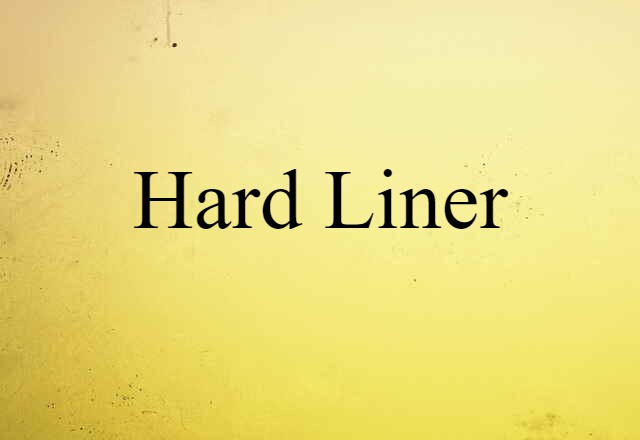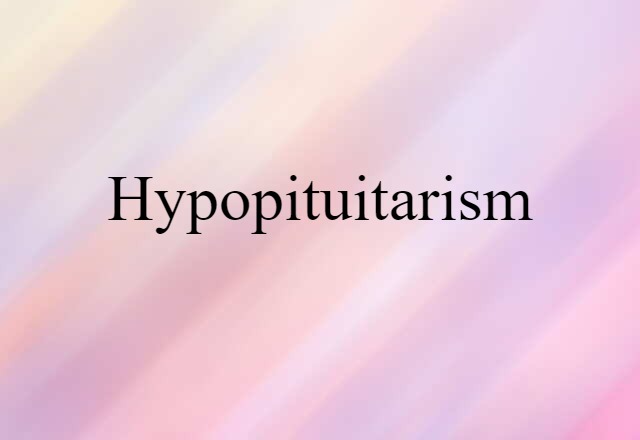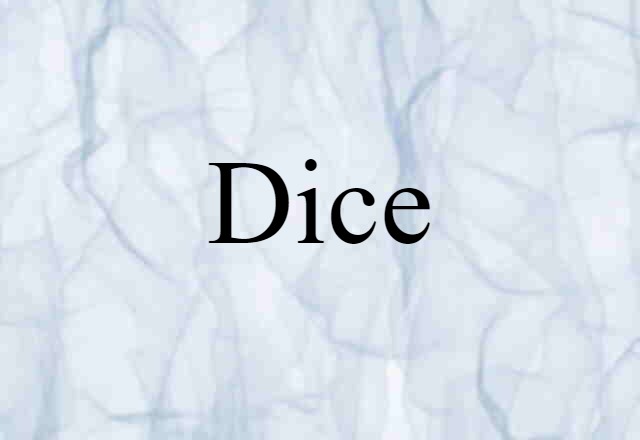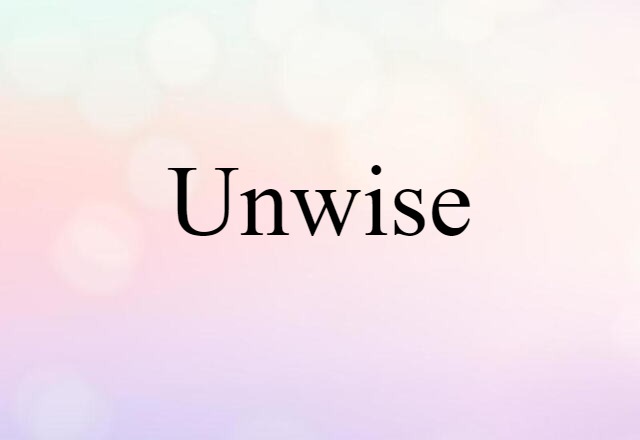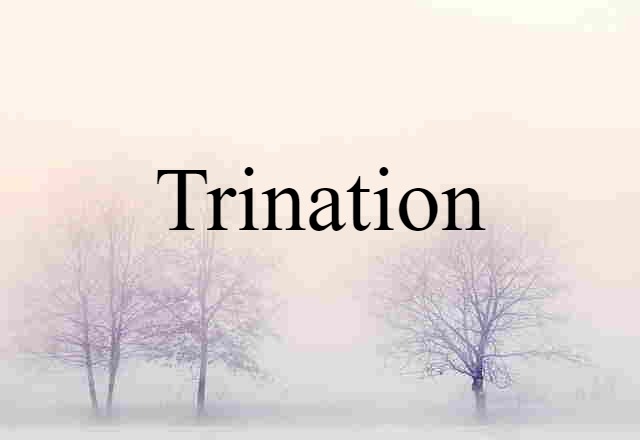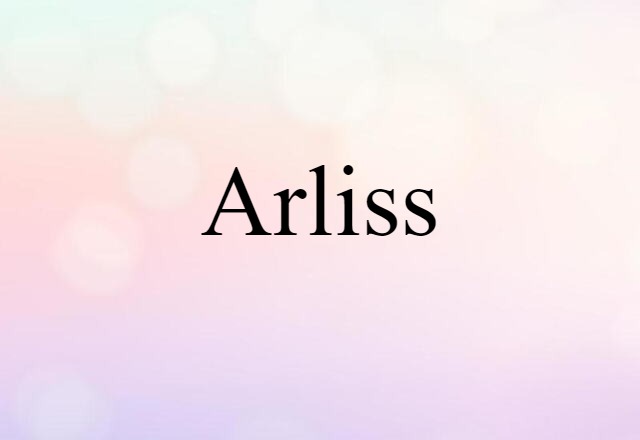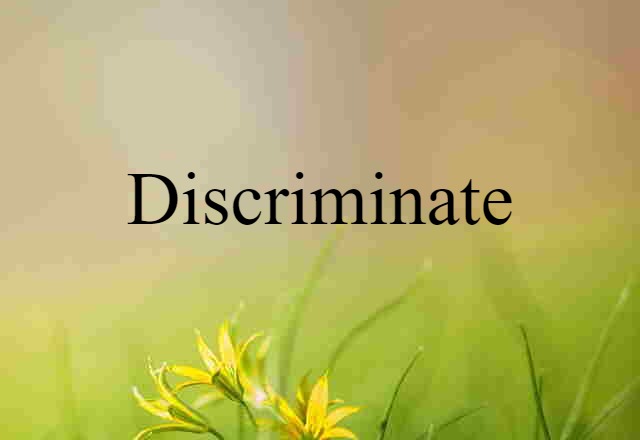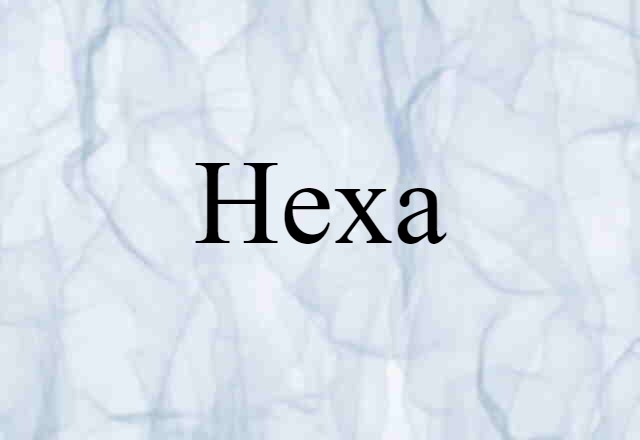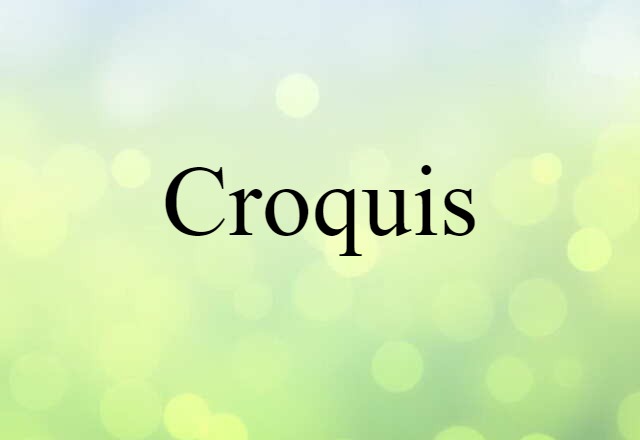- a statement that seems self-contradictory or absurd but in reality expresses a possible truth: “Less is more” is a paradox often repeated in the arts and other fields.It is a paradox of healthy grief that we must work at it while surrendering to it.
- any person, thing, or situation displaying an apparently contradictory nature: In the media the candidate was called a paradox—an unpopular populist.
- a self-contradictory and false statement, especially one arising from seemingly acceptable premises and correct logical argument.
- time paradox (def. 1).
- an optical illusion depicting an impossible object, often a two-dimensional figure that the viewer intuitively interprets as representing a three-dimensional one, but which cannot actually exist in three dimensions: brought to popular attention especially by the work of M. C. Escher.
- an opinion or statement contrary to commonly accepted opinion.
- a seemingly absurd or self-contradictory statement that is or may be true
- a self-contradictory proposition, such as I always tell lies
- a person or thing exhibiting apparently contradictory characteristics
- an opinion that conflicts with common belief

More Definitions
- THERMAL UNDERWEAR (noun) Definition, Meaning & Examples
- HARD-LINER (noun) Definition, Meaning & Examples
- CINEMATOGRAPHY (noun) Definition, Meaning & Examples
- HYPOPITUITARISM (noun) Definition, Meaning & Examples
- PL (noun) Definition, Meaning & Examples
- CLEAN-LIVING (noun) Definition, Meaning & Examples

